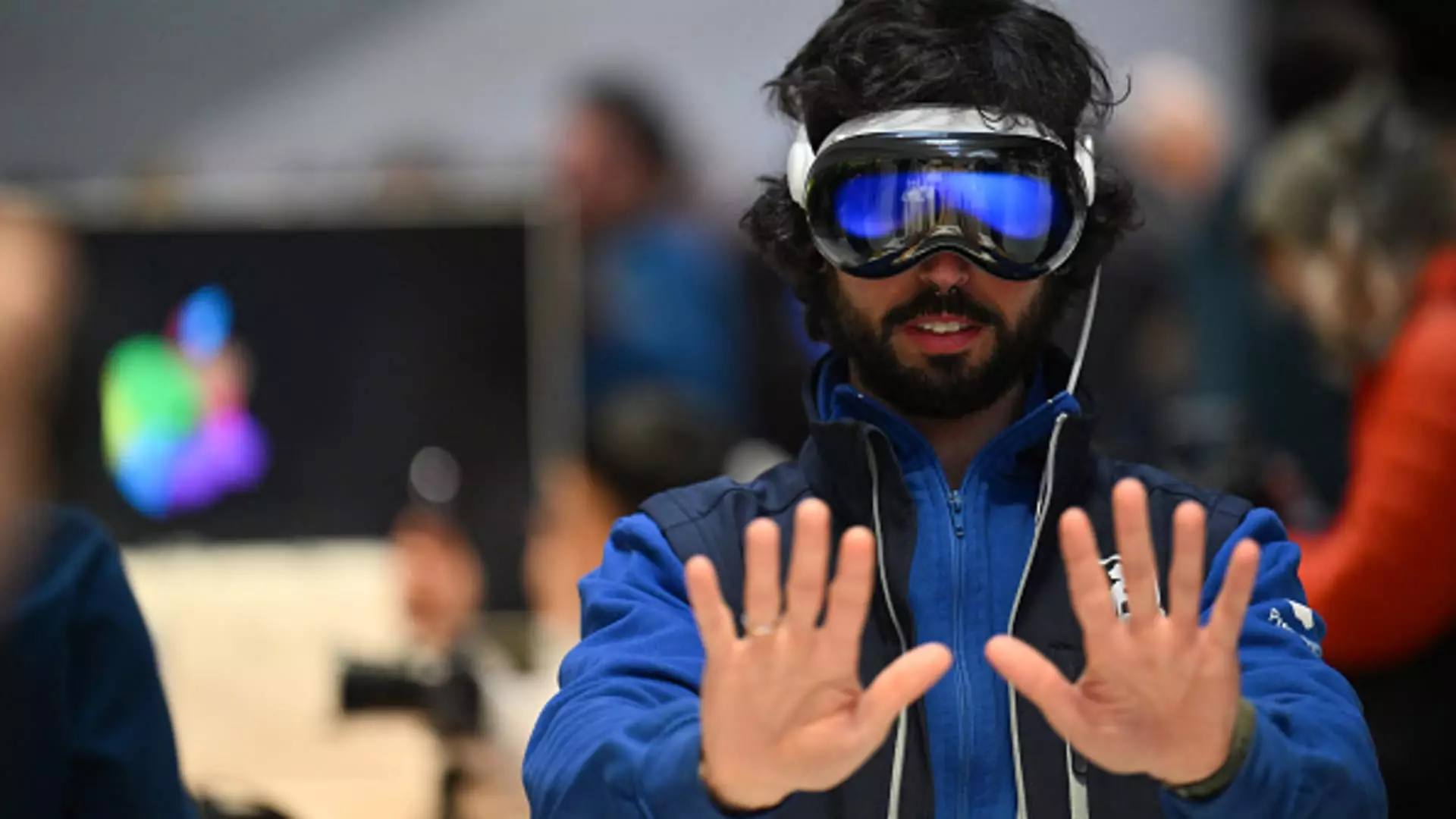In an era where technology evolves at breakneck speed, safeguarding intellectual property has become an existential challenge for industry giants like Apple. The recent lawsuit against former engineer Di Liu exemplifies the perilous thin line that separates legitimate career transitions from outright corporate espionage. This incident is not an isolated anomaly but a symptom of a broader issue: the vulnerability of proprietary information in a competitive market that prizes innovation above all else. When a company invests billions into research and product development, losing critical design files or strategic insights to an employee seeking a more lucrative opportunity is nothing short of a catastrophic breach. This episode underscores the importance of vigilance, but also raises questions about whether the current protections are sufficient or just punitive measures that ignore deeper systemic flaws.
The Culture of Secrecy vs. Employee Trust: A Dangerous Dichotomy
Apple’s reputation as an intensely secretive company fuels its relentless legal battles against departing employees. Yet, this culture fosters an environment where employees may feel alienated or mistrusted. While confidentiality is vital, the zero-trust approach endemic to firms like Apple risks cultivating a climate where employees are viewed suspiciously from the moment they walk in the door. Such an environment may inadvertently incentivize misconduct, with talented engineers like Liu feeling compelled to secretly take vital information or justify their actions as acts of desperation. Striking a balance between protecting trade secrets and maintaining a healthy, engaged workforce is a challenge emerging as companies tighten their legal grips. A failure to address this tension can result in a revolving door of litigation, damaging reputations and fostering an adversarial relationship that ultimately weakens the very innovation the secrecy is meant to protect.
Legal Battles as Signals: Are They Effective Deterrents or Symptom of a Broken System?
Apple’s aggressive legal stance—filing suits and seeking damages—speaks to its desperation to reinforce its dominance through scare tactics. But are such lawsuits truly effective in deterring employees from sharing sensitive information, or do they just serve to intimidate and alienate? The liability associated with espionage is undeniable, but the recurring nature of Apple’s lawsuits reveals a systemic inadequacy: a failure to address the root causes of corporate leaks. Instead of relying solely on the judiciary, tech firms should consider more proactive, trust-based employee policies, better onboarding, and ongoing engagement that emphasizes shared commitment to innovation. Litigation, while necessary, shouldn’t be the primary shield against theft but rather a last resort to punish egregious breaches, not a substitute for cultivating an ethical corporate culture.
The Ethical Dilemma: Innovation vs. Human Trust
Behind every lawsuit lies a fundamental question—how can organizations protect their ideas without eroding the very trust that fuels innovation? It’s tempting for companies like Apple to obsess over secrecy, but such rigidity can foster a climate of suspicion and fear, discouraging internal collaboration and risking the loss of valuable talent. Apple’s inability to prevent Liu from downloading thousands of confidential files despite strict protocols reflects a potential failure of internal security systems or an underestimation of insider threats. Yet, fostering an environment of transparency and respect could serve as a more durable deterrent. Employees who feel valued and respected are less likely to betray their employers, especially if they believe that their contributions are recognized rather than exploited. Adopting a balanced approach—where innovation is protected but employee dignity is prioritized—may be the key to reducing insider threats significantly.
The Broader Implication: A Shift in Industrial Power Dynamics
The ongoing clashes over trade secrets aren’t just about safeguarding corporate assets—they symbolize a shifting landscape of global influence in technology. Apple’s fight to protect its proprietary innovations against former employees and external entities hints at larger geopolitical concerns. As China-linked organizations and startups like Rivos enter the fray, the stakes extend beyond mere corporate rivalry. These conflicts threaten to reshape the power dynamics in tech development, forcing companies into an arms race not only in innovation but in legal and intelligence measures to guard their secrets. The systemic vulnerabilities exposed by these disputes highlight the urgent need for comprehensive reforms—not merely in corporate security protocols but in international standards governing intellectual property, cooperation, and enforcement. Without a concerted effort, the delicate balance of innovation and trust that sustains a healthy tech ecosystem could be severely compromised, undermining not just corporate interests but global technological progress itself.


Leave a Reply